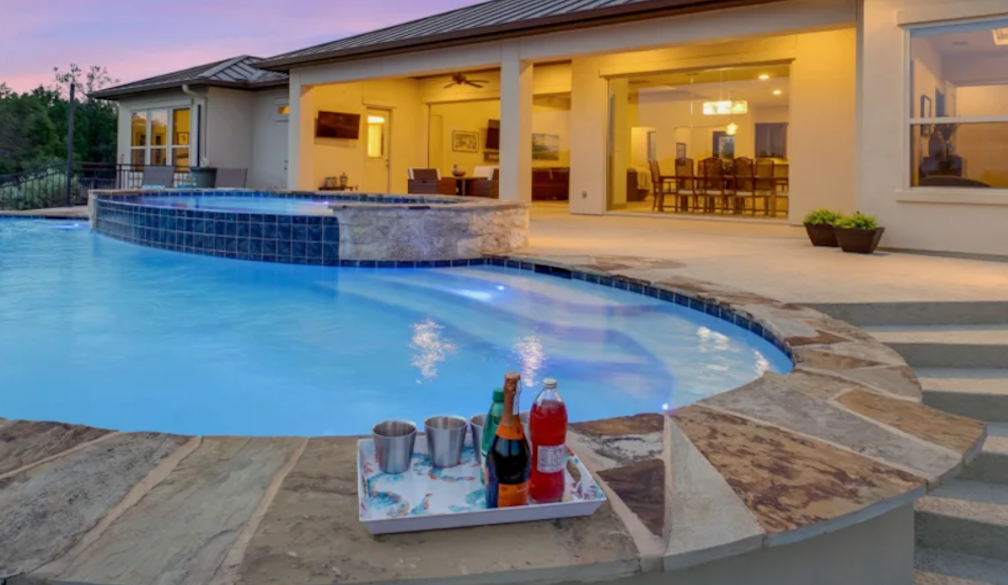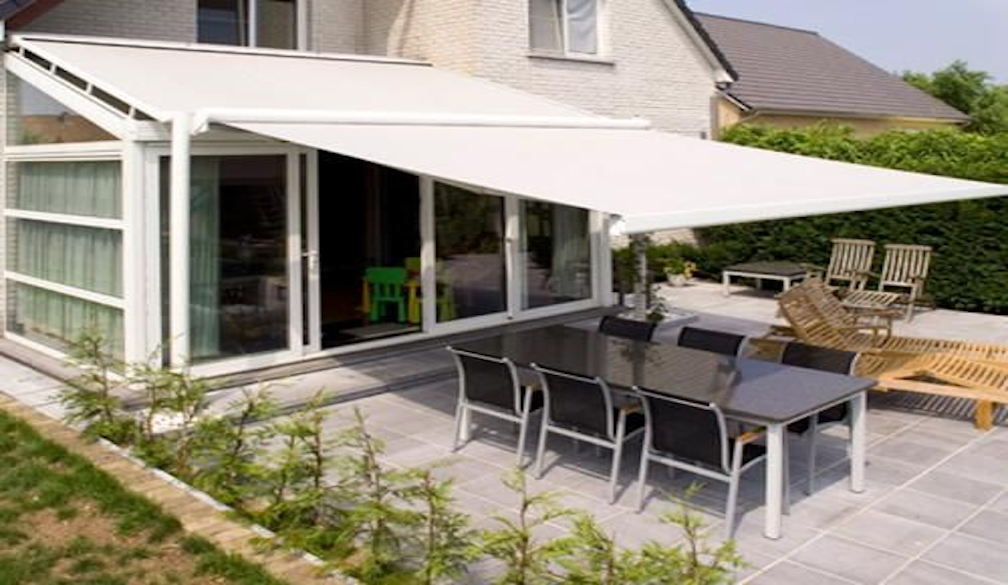Why Shade Solutions Are a Must-Have for Melbourne Homes

The Art of Beating Melbourne's Weather: A Guide to Shade Systems
Melbourne is famous for its unpredictable weather. From blistering sun to sudden rain showers, this city’s climate keeps you guessing. So how do you make sure your outdoor spaces are ready for anything? The answer is simple: shade systems. If you want to stay cool, dry, and stylish, check out the benefits of Melbourne Shade Systems for your home.
1. Keep Your Cool in the Melbourne Heat
Summer in Melbourne is no joke. The sun can be harsh, and without the right shade, enjoying the outdoors can become a sweaty ordeal. With a variety of shade systems available—like retractable awnings, canopies, and pergolas—you can create cool and shaded spaces to relax. Say goodbye to the uncomfortable heat and hello to pleasant afternoons spent outdoors.
2. Weatherproof Your Social Gatherings
Anyone who has lived in Melbourne knows the phrase, “Four seasons in one day.” One moment it’s sunny, the next it’s raining. A good shade system can double as a rain shelter, allowing you to keep the party going regardless of the weather. Whether it’s a retractable roof or a fixed pergola, Melbourne Shade Systems can keep your gatherings dry and enjoyable.
3. Extend Your Living Space Outdoors
Why limit yourself to indoors when you can have an outdoor living space that’s just as comfortable? Shade solutions can extend your home’s usable area, giving you more room to relax, entertain, and enjoy. Create an outdoor lounge with sofas, rugs, and lighting under a covered pergola or awning—suddenly, your backyard becomes the hottest spot in the house!
4. Protect Your Furniture and Plants
The harsh sun isn’t just bad for you—it can take a toll on your outdoor furniture and plants, too. UV rays can fade fabrics and damage wood, while sensitive plants can wither under direct sunlight. Protect your outdoor investments with reliable shade systems that offer UV protection, ensuring that everything from your cushions to your ferns stays in top shape.
5. Boost Your Home’s Curb Appeal
Shade systems aren’t just functional—they’re stylish too. They add an architectural element to your home, making it look polished and well-designed. Choose a sleek, modern design or a classic, elegant style to match your home’s aesthetics. With the right Melbourne Shade Systems, you can elevate the look of your property effortlessly.
6. Year-Round Comfort and Flexibility
One of the best things about modern shade systems is their flexibility. You can opt for retractable options that let you enjoy the sun on cooler days and provide shelter when needed. The versatility of these solutions means you can adapt your outdoor spaces to Melbourne’s ever-changing seasons, making the most of every day, rain or shine.
Conclusion: Investing in Comfort and Style
When it comes to enjoying Melbourne’s outdoor spaces, a shade system is a game-changer. Whether it’s for comfort, style, or practicality, there’s a solution that will fit your needs and enhance your home. Choose the right Melbourne Shade Systems and make your outdoor living space the place to be, no matter the weather.


